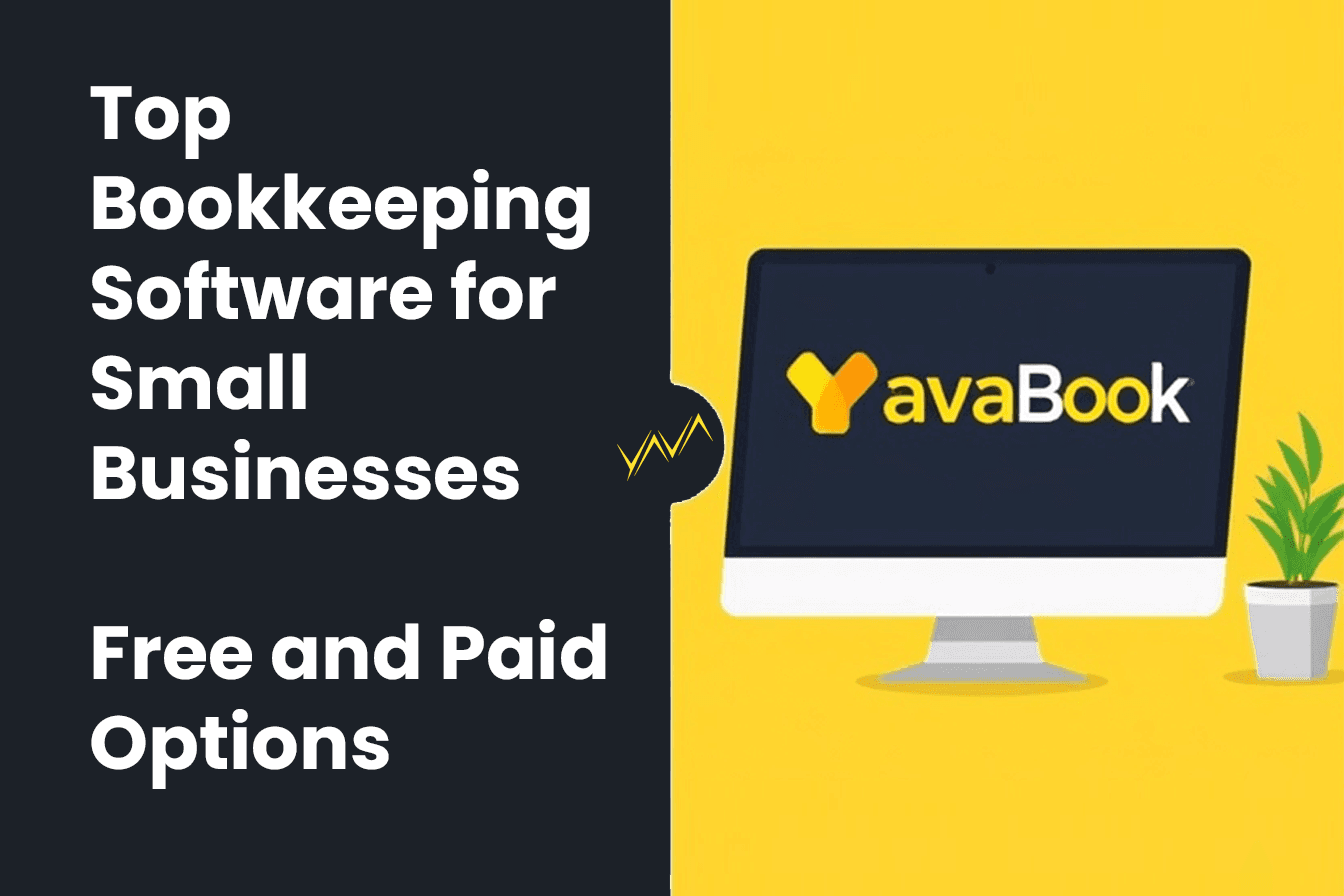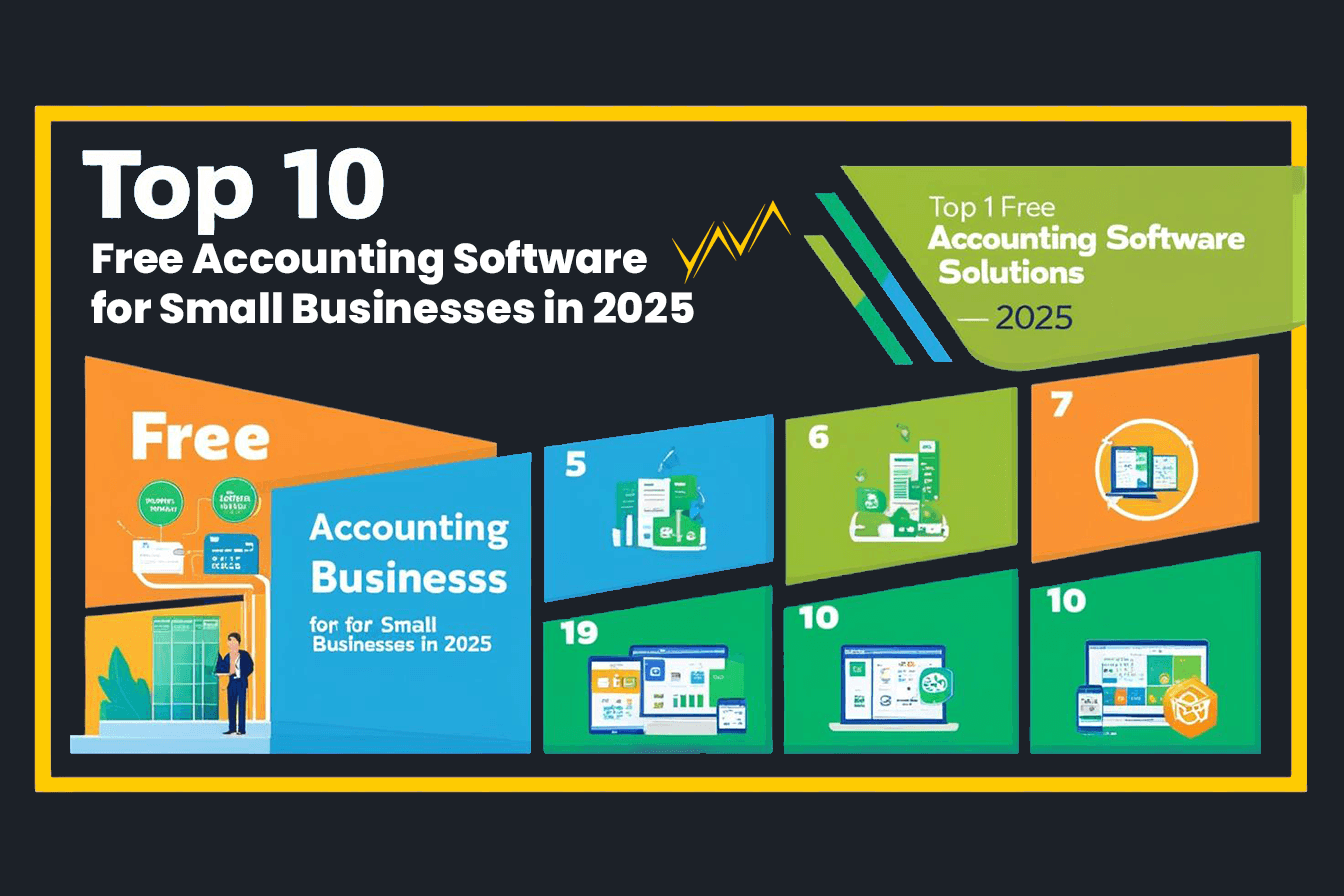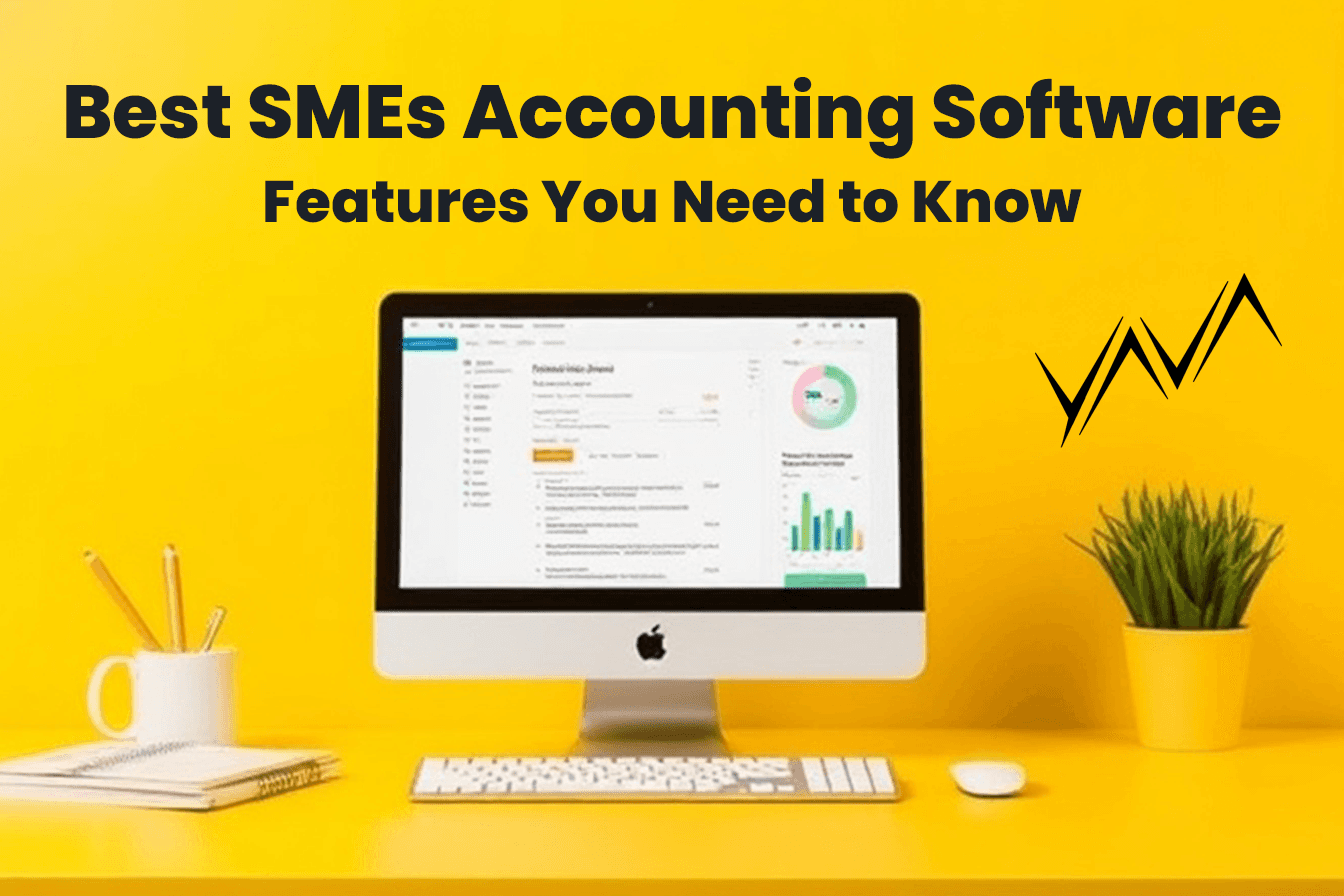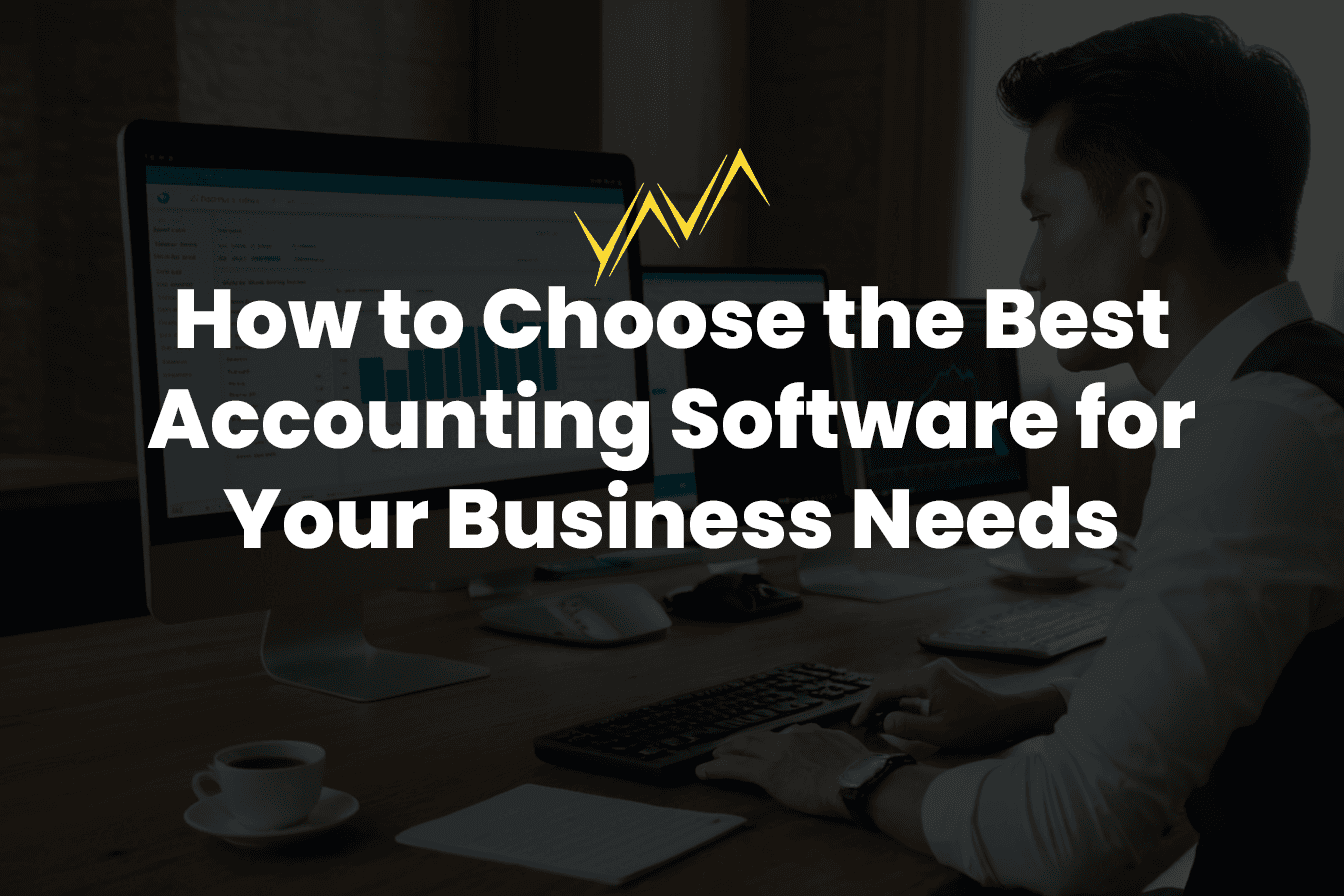Introduction:
Finding the right bookkeeping software means balancing features and cost. Tools like QuickBooks and Xero provide advanced options, while free tools like YavaBook are perfect for startups and SMEs. YavaBook’s intuitive interface and cost-free model make it an ideal solution for managing small business finances.
Why Bookkeeping Software Is Essential for Small Businesses
Manual bookkeeping can lead to:
Errors: Human mistakes in calculations and record-keeping can affect financial accuracy.
Time-Consuming Processes: Tracking income and expenses manually takes time that could be spent on growing the business.
Lack of Insights: Without automated tools, generating financial reports for decision-making becomes challenging.
Software like YavaBook eliminates these pain points, providing businesses with automation, accuracy, and real-time insights.
Top Free Bookkeeping Software for Small Businesses
YavaBook
YavaBook is a free, user-friendly solution tailored for small businesses:Expense Tracking: Categorize expenses automatically for accurate cash flow management.
GST-Ready Invoicing: Create compliant invoices for Singaporean businesses.
Real-Time Reporting: Access financial insights instantly.
Explore Why YavaBook Is the Best Free Accounting Software for Singaporean SMEs for more details.
Wave
Wave is ideal for freelancers and small businesses looking for a simple, no-cost tool:Invoicing and Payments: Send professional invoices and accept online payments.
Expense Tracking: Sync your bank accounts for seamless expense monitoring.
GnuCash
GnuCash is an open-source platform with flexibility for both personal and business bookkeeping:Multi-Currency Support: Suitable for businesses with global clients.
Budgeting Tools: Create and monitor budgets effortlessly.
Akaunting
Akaunting offers cloud-based bookkeeping with a focus on collaboration:Multi-User Access: Share access with your accountant or team.
Expense and Income Tracking: Manage finances with ease.
Top Paid Bookkeeping Software for Small Businesses
QuickBooks Online
QuickBooks is a leading tool for small businesses with advanced features:Automated Invoicing: Set up recurring invoices and reminders.
Customizable Reports: Generate detailed financial statements.
Pricing: Starts at $20/month.
For a detailed comparison, read QuickBooks vs YavaBook: Which Accounting Software Should You Choose?.
Xero
Xero is known for its scalability and integrations:Multi-Currency Transactions: Ideal for global businesses.
Inventory Management: Track stock and purchases.
Pricing: Starts at $25/month.
See Xero vs QuickBooks: Comparing Features for Small Businesses for more insights.
FreshBooks
FreshBooks is a cloud-based tool focusing on invoicing and time tracking:Time Tracking: Bill clients accurately for hours worked.
Expense Categorization: Organize spending for tax season.
Pricing: Starts at $15/month.
Free vs Paid Bookkeeping Software: Which Should You Choose?

For startups or businesses on tight budgets, free tools like YavaBook provide all essential features at no cost. Paid tools, on the other hand, cater to businesses with advanced needs.
Case Study: A Small Business Saves with YavaBook
A boutique marketing agency in Singapore needed bookkeeping software but couldn’t justify the expense of paid tools. Here’s their experience:
Challenges: Manual invoicing and tracking expenses were time-consuming.
Solution: They switched to YavaBook, leveraging its GST-ready invoicing and real-time reporting features.
Outcome: The agency saved $300 annually and reduced bookkeeping errors by 40%.
Explore How Free Accounting Software Can Save Your Small Business Time and Money for more success stories.
How to Choose the Right Bookkeeping Software
Assess Your Needs
Determine whether you need basic features (e.g., invoicing and expense tracking) or advanced tools (e.g., multi-currency transactions).Evaluate Your Budget
If cost is a concern, free platforms like YavaBook are an excellent starting point.Test the Platform
Many tools offer free trials or demos. Start with a free option to see if it meets your needs before upgrading to a paid version.
For more tips, check out How to Choose the Best Accounting Software for Your Business Needs.
Conclusion
Whether you choose a free tool like YavaBook or a paid solution like QuickBooks, bookkeeping software is essential for small businesses looking to streamline their finances. YavaBook stands out as a budget-friendly option, offering all the essential features without the financial burden.
Ready to simplify your bookkeeping? Sign up for YavaBook today and experience the ease of managing your finances for free.
Article by
Webb Poh
CEO and Founder
Published on
Jul 22, 2024




